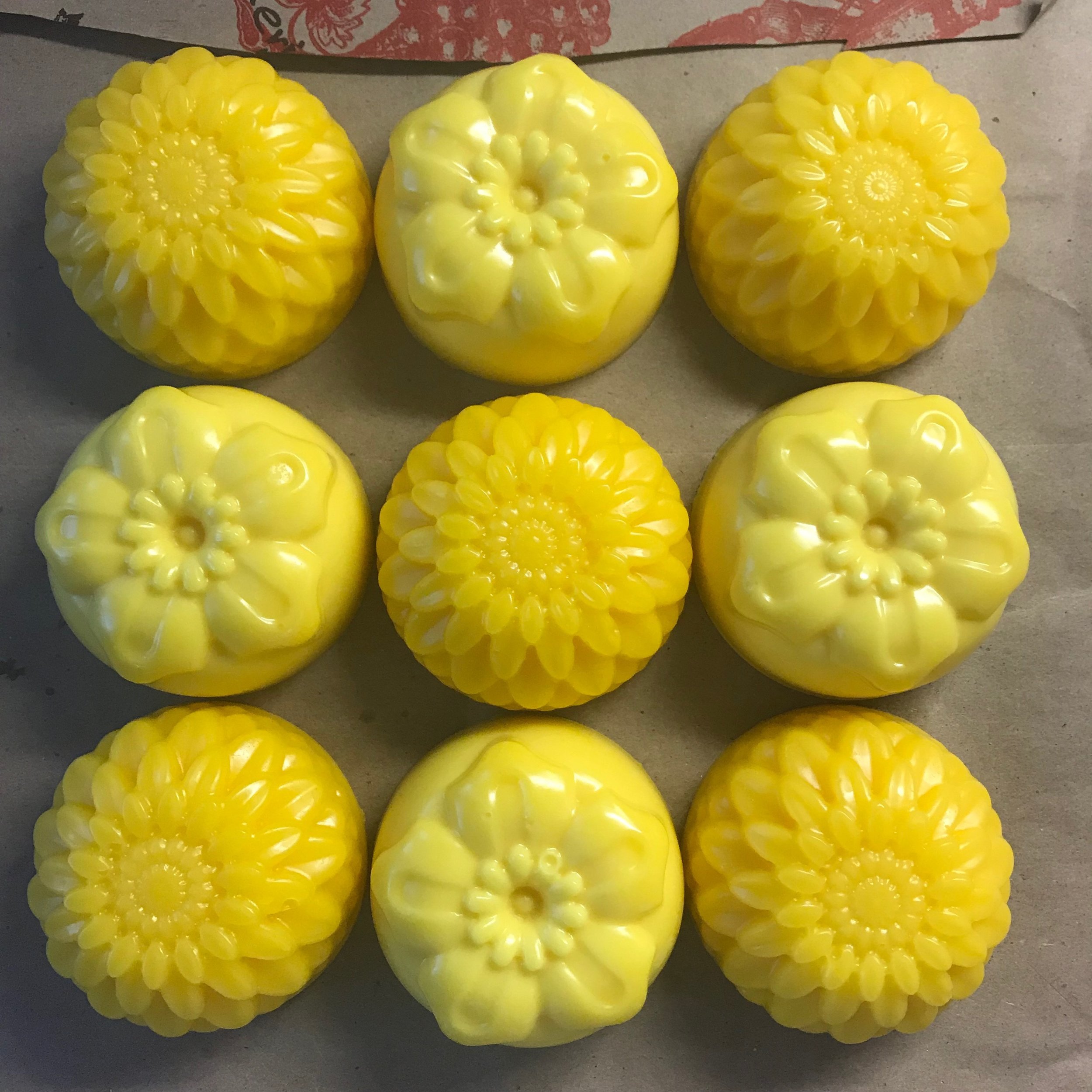You work hard to educate yourself to make the BEST decisions when it comes to spending your food dollars, and making sure your family eats well. Lately, labeling of food products has become so overwhelming and confusing, it’s hard to know if you’re making the right decisions.
The marketplace is full of claims that are often deliberately misleading. With many commercial producers trying to take advantage of the increased awareness of the benefits of pasture-based methods, a few key points can help you ensure that you are getting what you think you are.
What Does Natural Mean?
In short, “Natural” does not mean a darn thing. Anyone can label their food product as natural - even if it includes GMOs, artificial flavors, hormones, pesticides, etc. It’s a deceptive marketing ploy used to real in unsuspecting shoppers.
I know I have been reeled in by this one. Natural makes me think I am buying a better or healthier food. Don’t be fooled.
Is Organic Really All That?
Is pastured poultry certified organic? No. Organic is a certifiable label that carries specific requirements. Mainly, that the poultry are fed organic feed. But does organic really mean what you think it does? Is it really the healthiest option?
Organic poultry do not necessarily live out on green grass pasture. They can be raised in conventional confinement barns, sometimes never seeing the light of day. They are fed organic feed though. Not that there is anything wrong with this, but it may not be what you think of when you see that organic label. Compare this to poultry that have been living and moving in fresh grass, fresh air, and sunshine.
For some really great information on this subject from the American Pastured Poultry Producers Association, click here.
Free-range Is Not Pastured Poultry
Commercial confinement poultry operations have besmirched this one as well. Although free-range conjures up images of birds spread over green fields in the sun, this is not necessarily the case. Free-range has come to mean (USDA definition) the poultry have access to outdoors. This is a broad definition that is abused by large-scale poultry integrators.
Access to outdoors could be one or two doors open in a barn of 15,000 chickens, that lead to a small dirt run. As Joel Salatin, a pioneer of grass-based farming would say, “Folks, this ain’t normal.”
What Does Pastured Mean?
Oh no, not another label!!
There is no legal definition of the term pastured. But, most farmers truly raising pastured poultry are small and local. A visit or conversation with your farmer is the most effective way to ensure that you are getting what you want on this one. Try talking to the actual farmer at a large-scale commodity chicken operation…good luck.
Our standards for pastured are extremely high. There is no one holding us to these standards except ourselves, and YOU. Our customers are the ones holding us to these standards because they know us. We invite them to the farm to see what we do, and they are giving us direct feedback on the quality of our poultry.
Pastured poultry embodies outdoor production on green vegetated pastures and frequent movement of the birds to fresh pasture. These two elements are NOT found in 90% of the certified organic poultry in the marketplace today. We say that fresh air, adequate living space, and sunshine are the ingredients for happy and healthy poultry.
I hope that this has helped clear up some of the unknown regarding all of these labels. My take away from all of this would be know your farmer. By choosing local small-scale farms, you have the chance to have a conversation with your farmer, see their methods in action, and make a confident choice in where you spend your food dollars, and what you feed your family.
Matt at Ten Hens Farm
